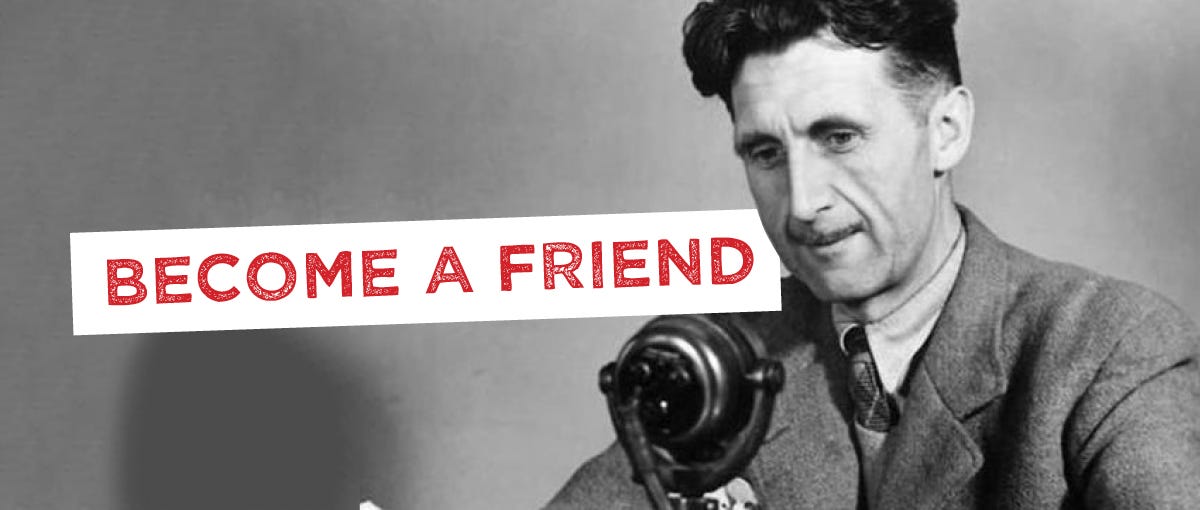"Popularising poetry... is a question of getting people to listen instead of uttering a mechanical raspberry."
An extract from "Poetry and the Microphone"
On the face of it, the unpopularity of poetry is as complete as it could be. But on second thoughts, this has to be qualified in a rather peculiar way. To begin with, there is still an appreciable amount of folk poetry (nursery rhymes etc) which is universally known and quoted and forms part of the background of everyone’s mind. There is also a handful of ancient songs and ballads which have never gone out of favour. In addition there is the popularity, or at least the toleration, of “good bad” poetry, generally of a patriotic or sentimental kind. This might seem beside the point if it were not that “good bad” poetry has all the characteristics which, ostensibly, make the average man dislike true poetry. It is in verse, it rhymes, it deals in lofty sentiments and unusual language—all this to a very marked degree, for it is almost axiomatic that bad poetry is more “poetical” than good poetry. Yet if not actively liked it is at least tolerated. For example, just before writing this I have been listening to a couple of B.B.C. comedians doing their usual turn before the 9 o’clock news. In the last three minutes one of the two comedians suddenly announces that he “wants to be serious for a moment” and proceeds to recite a piece of patriotic balderdash entitled “A Fine Old English Gentleman”, in praise of His Majesty the King. Now, what is the reaction of the audience to this sudden lapse into the worst sort of rhyming heroics? It cannot be very violently negative, or there would be a sufficient volume of indignant letters to stop the B.B.C. doing this kind of thing. One must conclude that though the big public is hostile to poetry, it is not strongly hostile to verse. After all, if rhyme and metre were disliked for their own sakes, neither songs nor dirty limericks could be popular. Poetry is disliked because it is associated with untelligibility, intellectual pretentiousness and a general feeling of Sunday-on-a-weekday. Its name creates in advance the same sort of bad impression as the word “God”, or a parson’s dog-collar. To a certain extent, popularising poetry is a question of breaking down an acquired inhibition. It is a question of getting people to listen instead of uttering a mechanical raspberry. If true poetry could be introduced to the big public in such a way as to make it seem normal, as that piece of rubbish I have just listened to presumably seemed normal, then part of the prejudice against it might be overcome.
This is an extract from “Poetry and the Microphone”, first published in March 1945. All rights reserved. This extract remains under copyright in the US and may not be distributed or reused in any way without permission from the Orwell Estate.







Hahaa, I like the phrase "mechanical raspberry."
First, I don’t think you’re the real George Orwell.
This was a pretty interesting read. I don’t think I’m the hero you’re looking for by any stretch of the imagination but I definitely believe I’m trying to write some thing that the average person would enjoy.
I’ve written songs, but I haven’t written poetry in decades. I started back up here recently when I discovered this place.
I’m driving to write at least one poem a day. I write them in the app so they’re more like drafts.
I don’t really care if they suck because like you said, no one really gives a shit.
Anyway, I wrote this phone today
I was actually thinking of your🙄 poem A Hanging when I wrote it
https://coppertinprizes.substack.com/p/the-execution-of-mussolini-a-poem?r=4ek4xv&utm_medium=ios